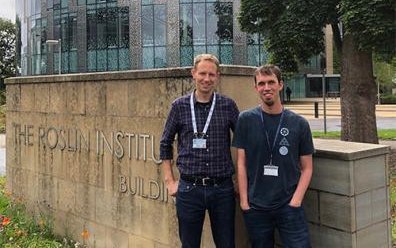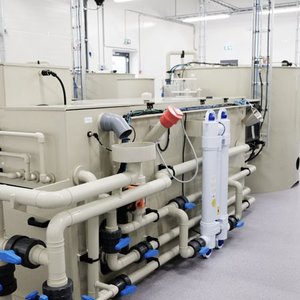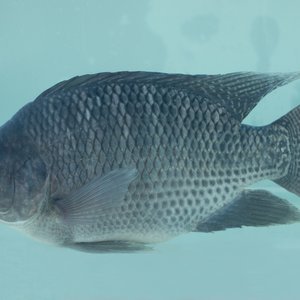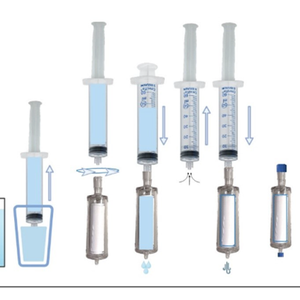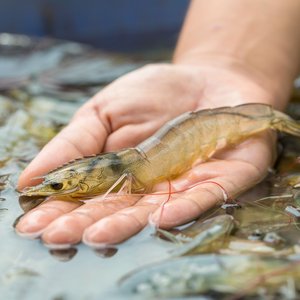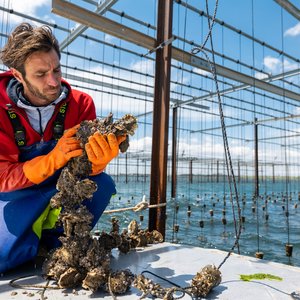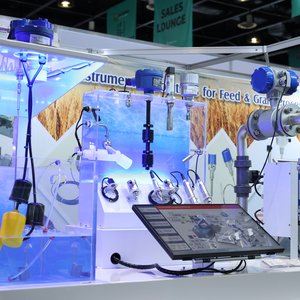Research into the genetics of sea lice resistance and SRS has been shortlisted for the prestigious Newton Prize, which serves to highlight science and innovation promoting economic development of Newton partner countries.
As part of a collaboration between the Roslin Institute, University of Chile and Benchmark Genetics Chile, scientists are using genetic markers to discover the location and purpose of genes that make fish resistant or susceptible to two major diseases in salmon aquaculture.
Sea lice continues to be the single largest recognised challenge in the salmon industry, estimated to cost the industry >$500m per year. Salmonid Rickettsial Septicaemia (SRS) is estimated to cost the industry approximately $300m annually and is considered to be the most important disease problem in the Chilean salmon farming industry.
Professor Ross Houston of The Roslin Institute described the findings. “In this collaborative project, we used the latest genomics technologies to identify specific genes that underlie genetic resistance to sea lice and SRS, and to improve cost-effective methods for genomic selection. Genes controlling immune function, iron availability, cell division and pathogen recognition showed differential expression between resistant and susceptible fish.”
Professor Jose Manuel Yanez of Universidad de Chile said "The collaboration between Universidad de Chile, The Roslin Institute and Benchmark Genetics Chile has helped to identify the genetic basis of the resistance to two of the most important diseases affecting Chilean salmon aquaculture and we believe that the findings from this work will help enhance the genetic improvement aimed at generating more robust fish for production."
"Collaboration is vitally important in the development of practical solutions to sea lice and other pathogens and is an integral part of our global approach to tackle the major challenges in aquaculture. Finding out which genes control sea lice and SRS resistance will ensure we continue to run effective breeding programs to produce robust salmon for our customers."


